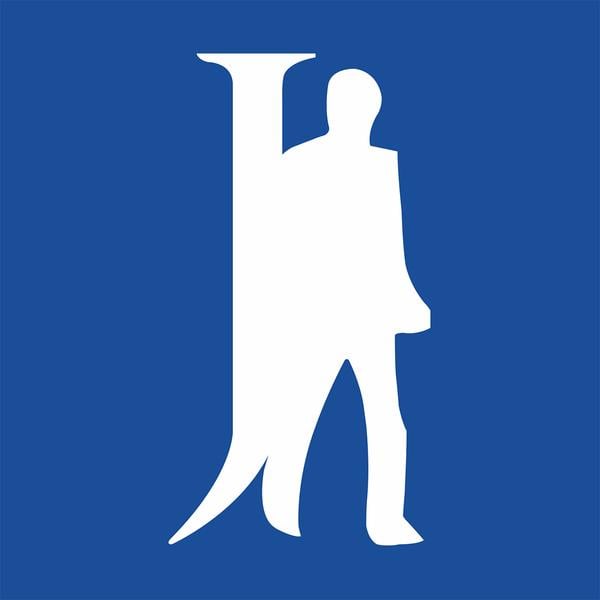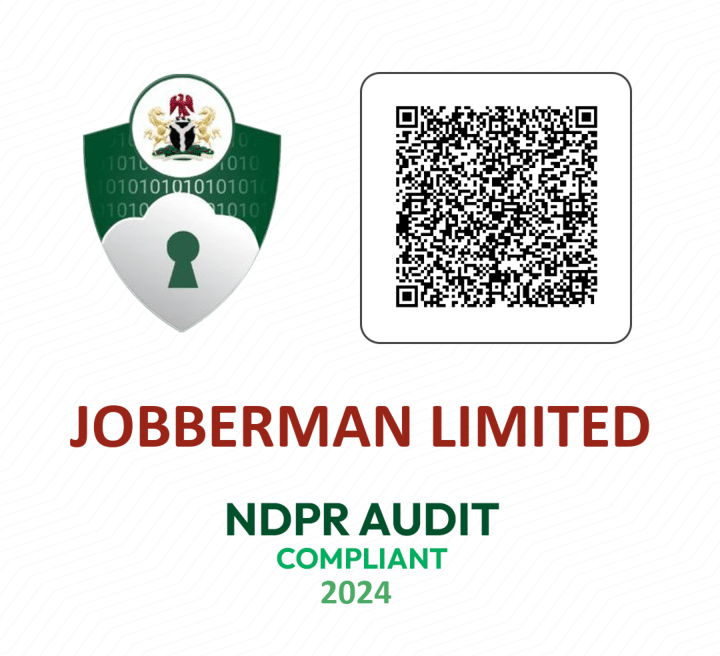Engineering & Technology Jobs in Nigeria
engineering & technology job openings in nigeria include around 233 current job vacancies with roles like after sales engineer, it officer, and electrical engineer, offering pay that ranges from 110K ngn for entry roles to as much as 2.5M ngn might earn for top positions; employers such as dangote industries limited, beebeejump int'l limited, and kenex konsults international seek skills in problem-solving, technical expertise, and project management, with many roles suitable for candidates with up to 5 years of experience.

Technautic Nigeria Limited
Engineering & Technology
1 week ago

We are looking for a suitable candidate to fill this position.
O B BAKER LTD.
Engineering & Technology
2 weeks ago
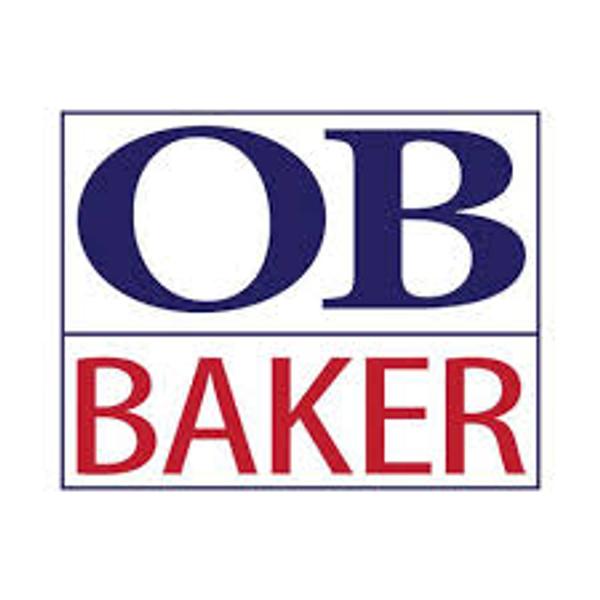
The Entry-Level M&E Drawing Engineer will support mechanical and electrical design activities by producing accurate technical drawings, layouts, and documentation. The role works closely with senior engineers to ensure project designs meet quality and industry standards.
This action will pause all job alerts. Are you sure?
2 weeks ago

We are seeking a committed Entry Site Engineer to support daily construction activities, ensure compliance with project standards, and assist senior engineers and supervisors on-site.
Kojo Motors Limited
Engineering & Technology
2 weeks ago

We are an accredited auto dealer and assembler with branches in Abuja,Benin,Port Harcourt,and Lagos.We intend to fortify our existing workforce with highly talented young technicians.
3 weeks ago
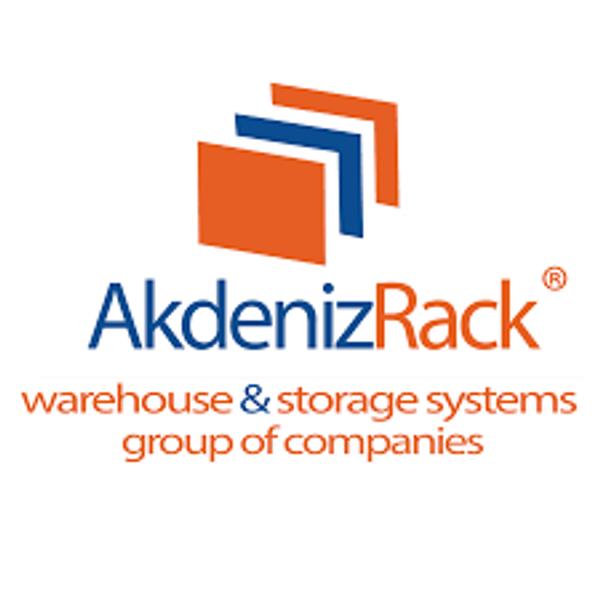
We are seeking a dynamic Sales Representative to join our Lagos showroom team. The role involves promoting and selling our company’s warehouse racking systems and storage solutions while leveraging technical expertise, including the use of AutoCAD for drawings and design adjustments. The ideal candidate should be self-motivated, and results-driven.
Bubus Properties & Investments Ltd.
Engineering & Technology
1 week ago
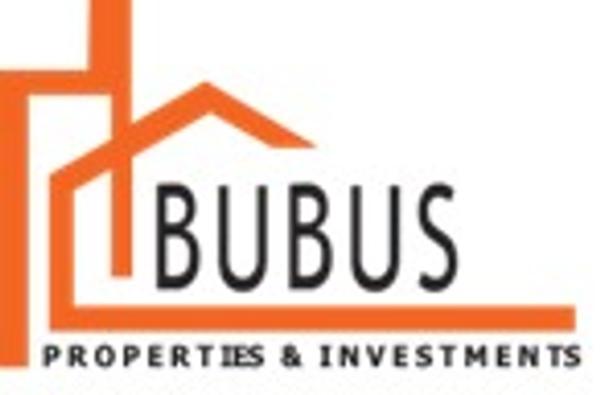
Bubus Properties is seeking a highly skilled and COREN-registered Structural Engineer to join our team in Lagos. The successful candidate will be responsible for managing and overseeing structural engineering activities across multiple construction sites throughout the company. This role requires expertise in structural design, analysis, and en ...
Engineering & Technology
2 weeks ago
We are a leading betting company in Nigeria, offering sports, gaming, and live betting experiences online. Our goal is to make our website and mobile app easy to use, fun, and engaging for all our users. We are looking for a UX Specialist to help improve how our customers interact with our platform. As a UX Specialist, you will work closely ...
Codygo
Engineering & Technology
2 weeks ago
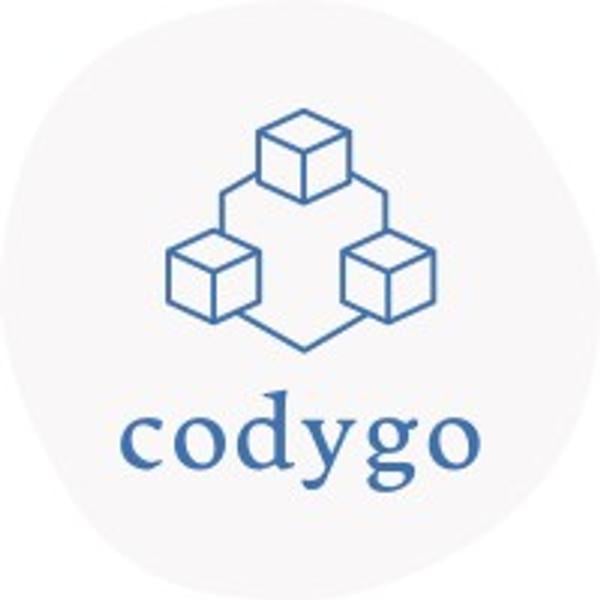
We're looking for experienced AWS Developer with DevOps knowledge. Proficient with AWS architectures and tools, IAM and permissions, networking and VPCs and AZs, multi and cross-account architectures. Highly experienced in infrastructure as code (IaC) practices, with extensive experience in CDK, CloudFormation, or Terraform.
ECS West Africa Limited
Engineering & Technology
2 weeks ago

We are seeking a Technical Sales Engineer to drive sales growth and provide technical expertise to customers. You will be responsible for generating sales leads, conducting technical presentations, providing technical support to clients, and facilitating equipment installations and to meet sales revenue targets.
3 weeks ago

As our AI Engineer, you’ll lead the design and integration of AI capabilities that power the platform — from generating personalized lessons and quizzes to learning analytics and content recommendations.
3 weeks ago

We’re seeking a hands-on, resourceful Mechanic who will act as our Fleet Maintenance and Roadside Assistance Coordinator — the frontline responder whenever our trucks face breakdowns or mechanical issues on the road. This role is both technical and operational: you’ll coordinate urgent roadside repairs, guide drivers to safety, find the fastes ...
Engineering & Technology
4 weeks ago
A Boiler Operator is responsible for the safe and efficient operation of boilers and related equipment to generate steam or hot water for heating, processing, or power generation purposes. They play a critical role in ensuring the continuous operation of boiler systems in the Plant for ENA Operations & Bottling Plant.
Engineering & Technology
4 weeks ago
A Water Treatment Plant Operator is responsible for operating and maintaining water treatment and purification systems to ensure the safe and efficient supply of clean water for drinking, industrial processes, and environmental conservation. They play a critical role in maintaining water quality standards and safeguarding public health and the ...
FTR Electronics Ltd
Engineering & Technology
1 month ago
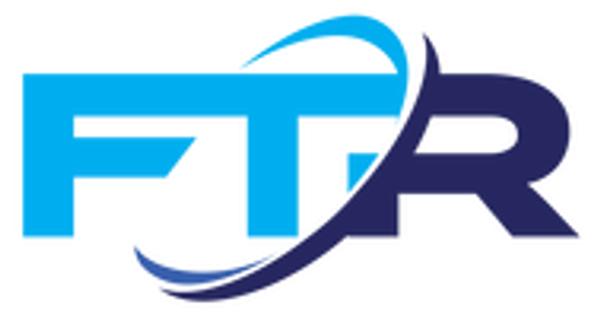
We are looking to hire a suitable candidate to fill this position.
Anonymous Employer
Engineering & Technology
1 month ago

We are seeking a highly skilled and motivated Python Data Intelligence Engineer to join our dynamic, on-site team. In this role, you will leverage your expertise in Python, statistics, artificial intelligence (AI), and machine learning (ML) to design, develop, and deploy intelligent data solutions that drive business decisions. You will work cl ...
Pinconsult Associates Limited
Engineering & Technology
1 month ago
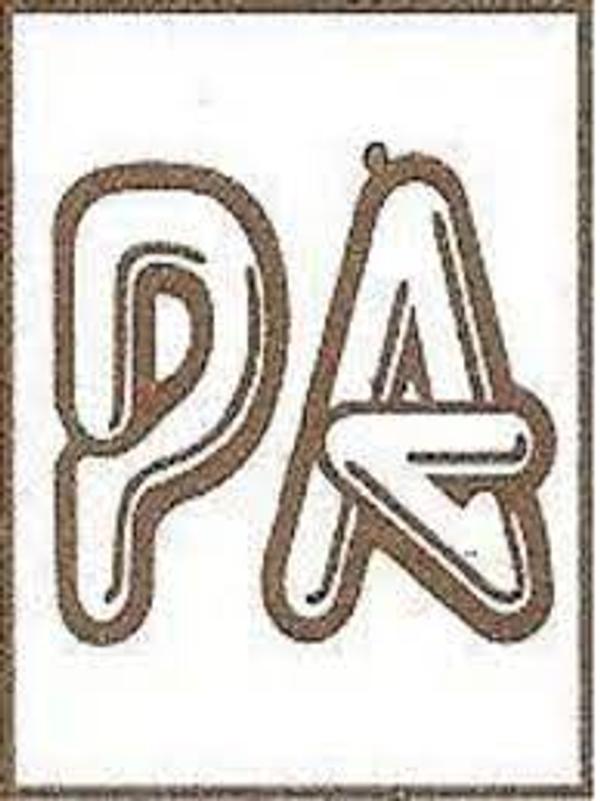
The ideal candidate will manage and supervise construction activities, ensure quality control, coordinate site teams, and enforce safety standards. The role requires strong leadership, project coordination skills, and strict adherence to design, quality, and regulatory specifications.
Stay Updated
Join our newsletter and get the latest job listings and career insights delivered straight to your inbox.
We care about the protection of your data. Read our privacy policy .





